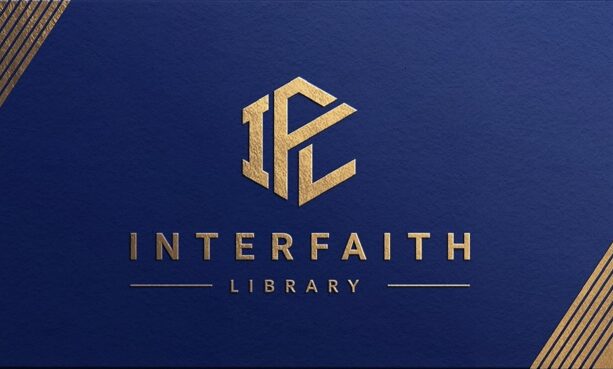
The Supremacy of Divine Knowledge: A Unifying Perspective
In today’s world, human knowledge appears to expand exponentially. It’s essential to acknowledge the vast chasm between divine wisdom and our limited understanding. The scriptures I’m presenting illuminate this profound truth, reminding us of the infinitesimal nature of human insight compared to the all-encompassing knowledge of the Divine.
Divine Knowledge in Scripture
The book of Deuteronomy offers a poignant reminder: “The secret things belong to the Lord our God, but the things revealed belong to us and to our children forever” (Deuteronomy 29:29). This verse underscores the reality that while God possesses knowledge that transcends our comprehension, He has graciously revealed aspects of His will for our understanding. Yet, the mysteries of existence remain firmly within His domain, highlighting our limited perspective.
In Romans 11:33-36, the Apostle Paul exclaims, “Oh, the depth of the riches of the wisdom and knowledge of God! How unsearchable his judgments, and his paths beyond tracing out! Who has known the mind of the Lord? Or who has been his counselor?” (NIV). This passage exemplifies the awe-inspiring nature of divine wisdom. It challenges us to recognize that our inquiries and reasoning often pale in comparison to the profound mysteries of God’s plan. The rhetorical questions posed here serve to remind us of our position as seekers of truth, ever reaching but never fully grasping the entirety of divine intent.
Furthermore, Surah Al-Baqarah emphasizes, “Allah! There is no deity except Him, the Ever-Living, the Sustainer of existence. Neither drowsiness overtakes Him nor sleep. To Him belongs whatever is in the heavens and whatever is on the earth” (2:255). This verse portrays God as the ultimate sustainer and guardian of all knowledge, reinforcing the idea that His awareness is not only comprehensive but also active and vigilant. In contrast, human knowledge is often fragmented and temporal, bound by the limitations of our experiences and perceptions.
Philosophical Reflections
Several philosophical adages echo this sentiment. As the ancient sage Socrates famously stated, “The only true wisdom is in knowing you know nothing.” This perspective aligns with the teachings of many faith traditions, which encourage humility in the pursuit of knowledge. The recognition of our limitations is not a sign of weakness but rather a prerequisite for spiritual growth.
Moreover, the mystical poet Rumi beautifully articulates, “The wound is the place where the Light enters you.” This profound insight suggests that our struggles and limitations in understanding are opportunities for divine illumination. When we confront the vastness of what we do not know, we open ourselves to the transformative power of divine wisdom.
Conclusion: The Esoteric Lesson
Ultimately, the core lesson lies in our approach to knowledge. Acknowledging that God’s knowledge transcends our own invites us into a posture of humility and reverence. It calls us to seek understanding not as an end in itself but as a means to deepen our relationship with the Divine.
As we navigate the complexities of existence, let us embrace the mystery and majesty of God’s wisdom. The more we recognize our limitations, the more we position ourselves to receive divine insight and guidance. In the grand scheme of creation, our quest for knowledge should not be about grasping the incomprehensible but rather about surrendering to the Infinite, allowing His wisdom to illuminate our paths.
In this light, we can find unity in our diversity, as we all share the common journey of seeking a deeper understanding of a reality that is, in its essence, far beyond our grasp. Let us walk together in humility, curiosity, and reverence, ever drawn towards the divine light that guides us through the mysteries of life.
